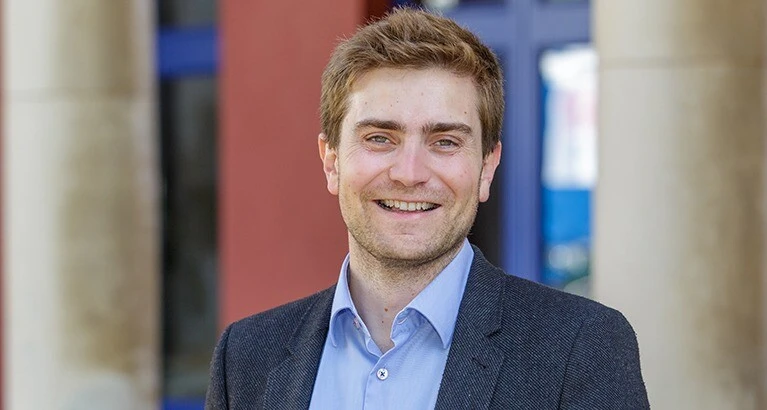
“A lot of organisations try to tackle the issues downstream – when they become critical, when there is a crisis of burnout, when people at high level are stressed – and actually they could do something upstream way before things get out of hand,” Thomas told the session on Resilient Leadership and Wellbeing organised by the WEF’s Forum of Young Global Leaders.
Organisations need to examine themselves to ensure there are adequate work-life boundaries and a culture of care that looks after colleagues. “Really trying to build awareness of mental health challenges at a very early stage is one important lever we can use to avoid more issues in the future,” Thomas said at the 4 September event at WEF headquarters in Geneva.
Book provides practical workplace guidance for wellbeing and mental health matters
Thomas, who was recently named Co-Chair of the WEF’s Global Future Council on Leadership, discussed the book co-authored by Kiran Bhatti and himself entitled Wellbeing Intelligence: Building Better Mental Health at Work, which provides practical workplace skills for organisations to deal with wellbeing and mental health issues.
Other speakers at the WEF event were Anurag Maloo, a mountaineer and founder of Orophile Ventures; Megan Greenfield, Partner and Lead, Health, McKinsey & Company; and moderator Natalie Pierce, Head, Global Shapers Community, World Economic Forum. The moderator noted that “many young people today believe that resilience and wellbeing are not luxuries, but rather they are survival strategies for individuals, organisations and society.”
Wellbeing investment keeps on giving
In concluding remarks, Thomas said: “You won’t regret the investment in wellbeing. Whether you are an organisation, a leader, an individual, this is an investment that will always pay off in so many different ways.”





